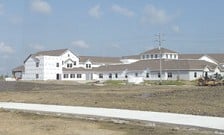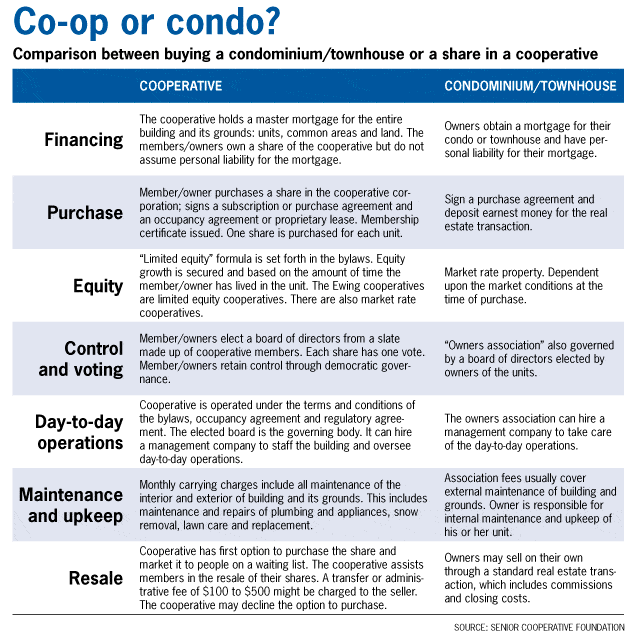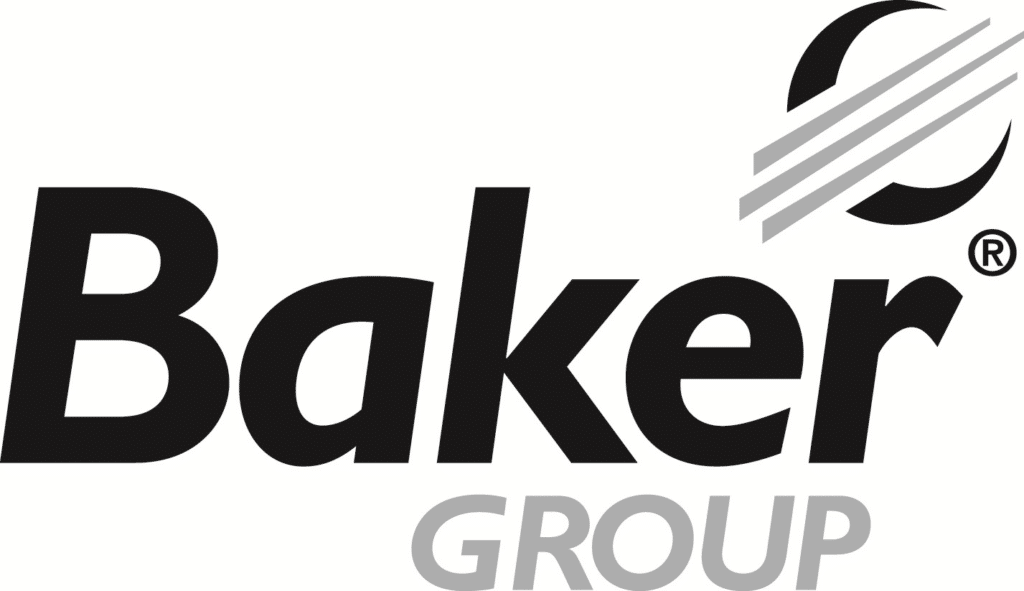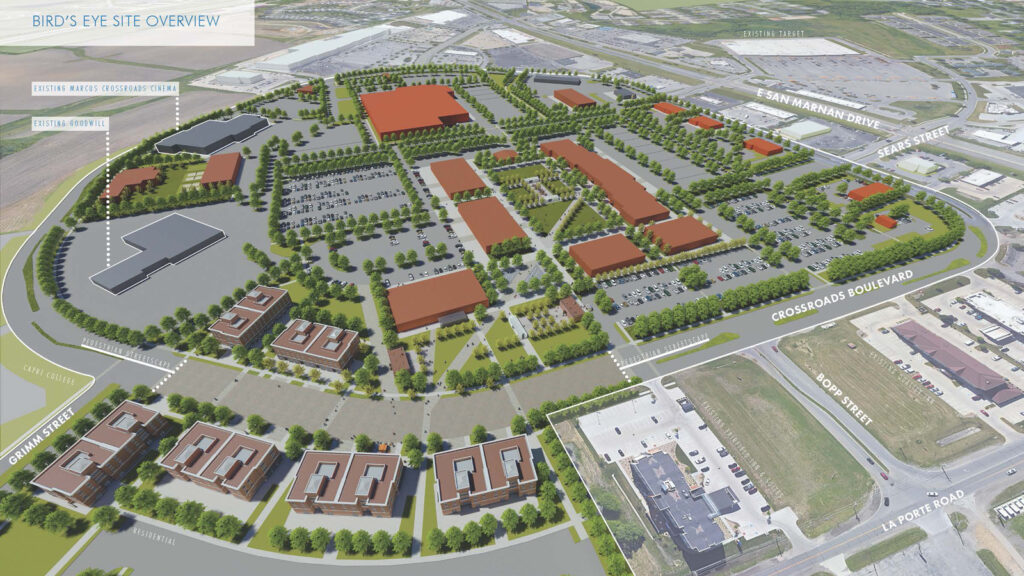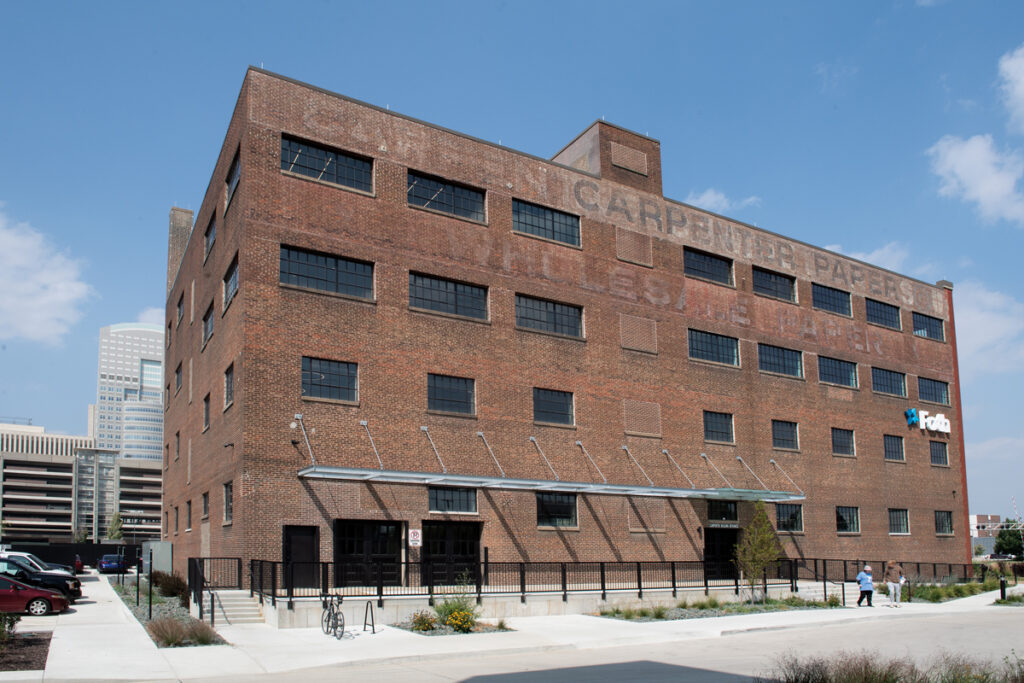Making room(s) for old-timers
Senior living communities provide opportunities for developers

We’re getting older, maybe older before our time. That is a good thing for developers as they try to accommodate the needs of an aging population and keep a fairly dormant construction industry alive as the country digs out of the Great Recession. A Pella company is getting credit for setting a standard in senior living communities that others are observing as they try to tap into what experts predict will be the hottest market in real estate for the next 20 years.
Josh Cowman goes through his paces every day knowing that someone is looking over his shoulder. He’s just fine with that.
Cowman is president of development for Pella-based Ewing Land Development & Services LLC, which has established itself as a trendsetter in Greater Des Moines for its senior living projects.
The company is introducing senior co-ops at Vintage Hills retirement communities it is building in Ankeny’s Prairie Trail and Indianola’s Summercrest Hills developments. Ewing recently acquired the Rice Elementary School property in Beaverdale, where it plans another co-op.
Ewing was the first contractor to enter the Indianola development, and it has a “vision” that could lead to the first workable project for what has been a troublesome piece of development property at the former Rice school site.
That vision stems from the fact that we are getting older in a big way. Over the next 20 years, the number of people age 65 and older in Iowa is expected to increase 49 percent. And that age is 10 years beyond the minimum to enter most senior living communities.
Maybe we’re getting older before our time, but whatever the case, Ewing has identified a market segment made up of active 55 and “better” retirees who want to live in a place of their own, minus all the troublesome maintenance responsibilities.
The target is middle- to upper-income individuals who can purchase a share in a cooperative – typically at an entry point that is well below market rates for single-family homes, townhouses and condominiums – then pay a monthly fee.
The master mortgage is held by the cooperative, so the people who buy individual units – which can have up to three bedrooms and a roomy 1,700 square feet – do not have to put up personal guarantees for development costs. A share, however, can run $50,000 to $110,000.
Ewing also has turned the table on its more standard senior living centers – standard is a bit of an understatement, given the amenities such as theaters, grocery stores and lively town centers that are part of the developments – by waiving entry fees and endowments.
Other developers are curious about Ewing’s game plan as they consider entering the senior housing market.
Cowman acknowledges that the company is being watched.
There’s a need
“There’s a definite need in the Des Moines area,” Cowman said.
Market studies that were conducted for the Iowa Finance Authority before it approved tax credits for recent low-income senior housing developments found that there are waiting lists for some senior housing centers in the area and estimate that those under construction could fill up in a relatively short time.
Tax credits amount to the government’s way of bringing private equity into a project, primarily to provide gap financing between the developer’s equity, leverage and final construction costs.
But banks are showing indications that they are more inclined to make loans for the development of senior housing as opposed to other commercial and residential projects, according to national studies and Steve Niebuhr, senior vice president for Hubbell Realty Co.
Hubbell is the construction manager for a low-income senior housing apartment building on Army Post Road and is building its own senior townhouse development in Johnston.
The company, which in recent years has turned other developers’ failures into success stories, is considering adding a senior living component to its mixed-use developments. Niebuhr is studying Ewing as he also studies the market.
“We’re studying them to understand the market, to learn what’s going on,” Niebuhr said.
Some of what is happening is self-evident: The population is aging. Less evident is that banks seem more inclined to lend on senior living projects than on other commercial and residential projects.
“I think financing is fairly easy to come by; lenders seem interested,” said Niebuhr, whose company is the construction manager for Fort Des Moines Senior Living, which is under construction on Army Post Road, and will complete the Cottages at Johnston Commons later this year.
A focus on seniors
Ewing develops residential and commercial properties as well, but its work in senior housing defines the company and the mission of its founder, Jeff Ewing, a former banker who “took a leap of faith” 12 years ago to focus on senior housing, Cowman said.
That leap resulted from a personal experience. Ewing’s grandfather was paralyzed at age 36 and lived in a nursing home for the remainder of his life. The fact that his grandmother and grandfather could not live together under one roof left an impression on the younger Ewing, Cowman said.
“He thought there had to be a better way,” Cowman said. “That’s what we are founded on, and that continues to be our passion.”
The idea was to provide a place where elderly couples could live together in a little more luxury than could be provided in a small room with thin walls and tile floors.
In the last 12 years, Ewing has built and managed retirement communities in Pella, Indianola and Waukee. The company sold a senior center in Newton shortly after it was completed.
If Ewing does anything that could be called speculative construction, it is that the projects in Ankeny and Indianola started with assisted living apartments and memory care units. Those fill up as the need arises, Cowman said.
A memory care unit was completed last year at Ewing’s The Village at Legacy Pointe in Waukee, a 75-acre complex made up of independent and assisted living apartments, a nursing center, a town center – complete with antique automobiles to remind residents of the good old days – and townhouses for sale. The Village features a movie theater, a general store, a post office and restaurant-style dining.
These features have become something of a template for Ewing projects. Vintage Hills retirement centers also will contain independent and assisted living units, memory care units and units for seniors who require skilled nursing care.
Cowman said the company’s model has been adapted to changing lifestyles, with an emphasis placed on keeping families together and providing an inviting atmosphere for visitors.
Learning along the way
Jeff Ewing “knew that his grandmother could live under the same roof with his grandpa. Now we have multiple levels of care all under the same roof,” Cowman said. “We have learned as we have gone along.
“The town center is one of those (changes). It’s modeled to look like Main Street USA. There is a theater with a big marquee. Independent living is another change. It’s a choice for seniors who have no needs for special care. It’s just … that they don’t want to deal with maintenance anymore.”
After those changes, Ewing brought cooperative senior housing into play.
Cowman said the company studied a model first established in Minnesota, where a member-controlled senior cooperative was established in 1976.
The cooperatives offer tax advantages such as mortgage interest and property tax deductions.
And they are democratic, controlled by boards and committees, said Shona Schmall, the company’s regional cooperative director.
The Vintage Hills Cooperative in Indianola is not under construction, but it is 86 percent reserved after less than a year of marketing, Schmall said.
The share price for the Indianola units will run $68,000 to $73,000, 40 to 50 percent of the total value, with monthly payments starting at about $700.
“If we were at market value in Indianola, our prices would be $140,000 to $230,000,” Schmall said.
The company has not launched its marketing campaign for the Ankeny cooperative, but has three units reserved and has received inquiries from another 15 to 20 people, Schmall said.
Cowman noted that inquiries also are coming in from people who are about to turn 55 – the minimum age for living in the cooperative – as they consider returning to Greater Des Moines to be near grandchildren.

